What Does The Future Of Independent Publishing Look Like?

This is a question I ask myself on a weekly basis. I love building content brands but large tech companies, algorithms and social media are making it very hard for our content to be discovered.
Google has killed hundreds of thousands of independent websites this year, social media is becoming a toxic environment where users are starting to understand that it takes more than it gives so are leaving (or spending less time on it), and forums/groups are typically gatekeeped and managed by admins who go by the username "BigJimbo69" that put strict rules on sharing links.
And even when you go to seek some advice, it's typically SEO's trying to shove audits or courses down your throats who have no idea what actually works, because let's face it Google doesn't even know! It's simply a guessing game, and always has been. SEO's selling these services have an incentive for your content website to be penalised, so you keep coming back for their services, and those that have used them have to sign NDA's, so you won't even know if the service is actually good/bad (I know this from experience).
Us independent publishing creators are out here, on our own, with no direction, no help, with everyone and everything around us trying to take advantage or rip down the business we have spent many years building.
The best expert to review your website and content strategy is you.
Deep down, you know what’s needed to be done, put the emotions aside and dig deep.
There’s a few things which I have learned over the last 18 months, and I want to share them with you, because I believe the future of independent publishing is going to be incredibly difficult, one I honestly dread being apart of, but it’s mandatory for my business to stay a live and to give my community the brand they deserve.
Plus, I believe the content brands that can withstand this storm and build systems that rely less on these algorithms, will come out the other side bigger, stronger and more resilient.
How do we, as independent publishers survive?
I would like to mention, I am no expert, this information is coming from someone that’s business just got obliterated, from someone who had to let staff go, and from someone who only has 5 years experience doing this.
I am no expert, but it might help some of you notice patterns in your work, and if there’s advice that keeps popping up from those that document their work that you think might work for you, that’s a sign and it might help.
I have certainly over-optimised my website for search in the past, there’s no denying it. I have followed the “niche site” crowd far too closely before, and there’s a reason why many of us have been hit who read content from the same community. I will never follow the crowed again, instead I will follow my heart.
I do respect anyone that works in public, it’s incredibly ballsy, it puts their business at risk for the better, but sometimes the advice can be wrong, and no fault to them because we’re all testing, and sharing our work, so its best to take everything with a grain of salt, including this article that you are reading.
I do believe Google’s update in September 2023 and the ones that followed it has been far too aggressive and I believe they’re evolving their search engine into a poorer experience for the user. But it shows where Google’s heading and how we as independent publishers can prepare for what’s to come.
It's time to snip Google away from your content strategy.
Ignore Google’s Patterns
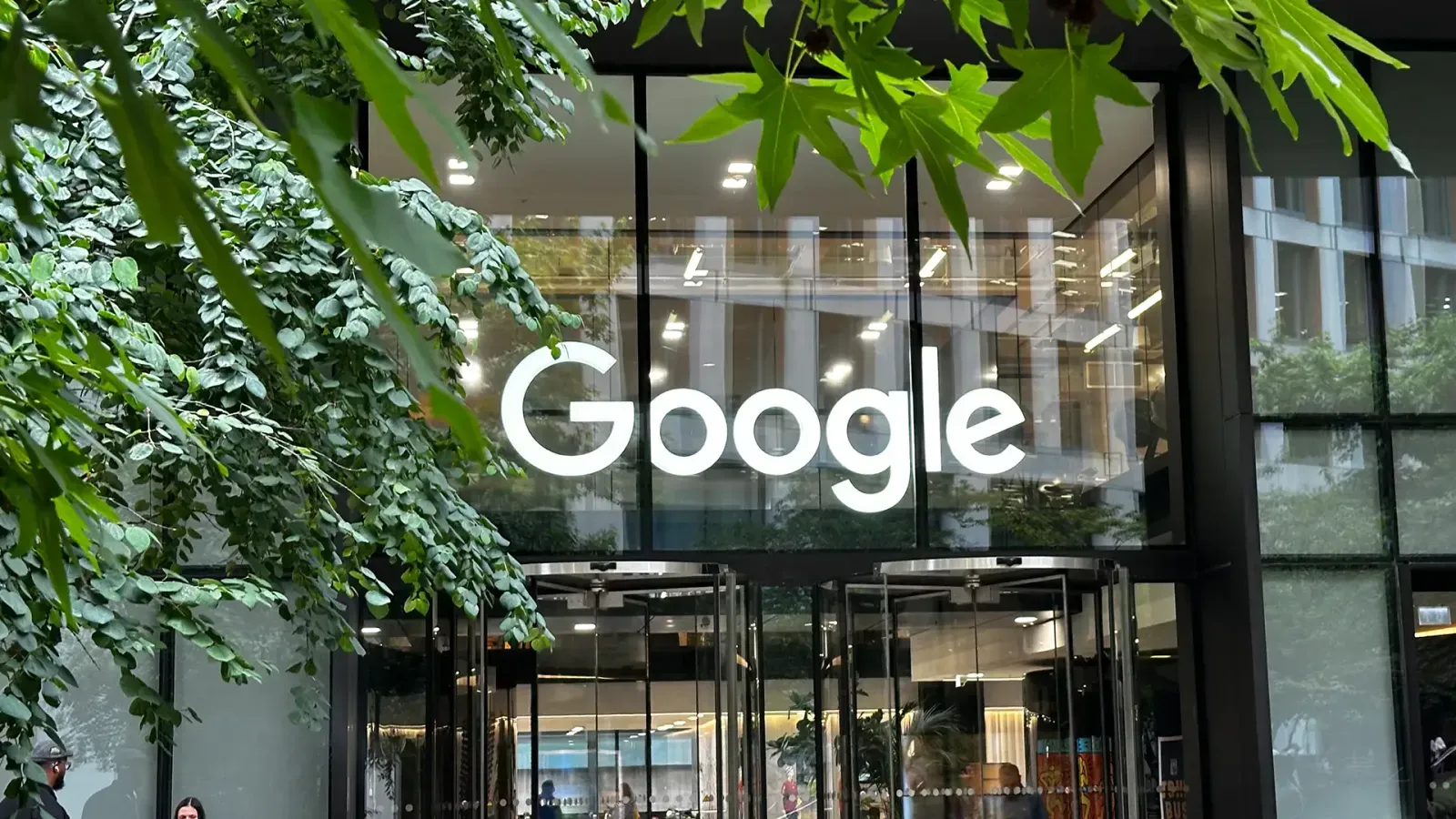
The recent patterns in Google's algorithms have punished websites that are purely built to create answers to Google search queries, who also have very little “unique” content on their website.
This has created an algorithm change that has destroyed the businesses of content creators who run websites that want to help their community through search queries.
I get it, Google hate’s niche website creators and I admit that there are a huge percentage of niche sites that take full advantage of Google, creating low quality content that isn’t helpful, but annoyingly Google can’t tell these sites apart from truly incredible content sites that support human journalists. Google's algorithm is a robot, that reads text and patterns, then determines if it's good or bad, but it doesn't actually know what's good or bad in terms of content because the only person that knows is the reader, so it has to detect these good/bad patterns through user interaction, which still doesn't really know what is good or bad.
Someone could come to your site, get the answer they need and leave in 10 seconds. The user has got what they want and left, great! Google may see this as "oh, this user only spent 10 seconds on here, but spent 30 seconds on the other website". Let me reward the other website instead, even if it is filled with 30 adverts, AI generated content, and no real images.
Google’s Core Web Vitals makes it hard for us to create unique websites that don’t cost a fortune, so most of us use the same themes, the same web hosts, the same ad-managers, the same SEO tools and the same content layout.
It’s easy for Google to get mixed up here. That said, one of the world’s biggest tech companies should be smart enough to create an algorithm that can understand the differences between bad websites and good websites. Just because my website has the same content layout as thousands of spam sites that were created in seconds shouldn’t mean I get punished for that. It’s on Google to understand the difference, and not on me to have to read case studies, or learn how to adapt or if adding a cart to my homepage helps Google’s patterns put me in the “good” category.
The best thing you can do is to not build a business that relies purely on Google, and this was the hardest pill for me to swallow.
I didn’t originally create a business to do that, but the tide took me that way for years, I followed the revenue, there’s no denying that. I followed the “niche site” crowd and ended up building a business that’s biggest revenue stream is Google Search, and I feel so stupid for doing so.
Google’s patterns at this moment in time are straight up wrong, my original article shares why, so I don’t recommend following them. You’ll just end up writing posts for Reddit, or forced to inflate your domain authority, or use AI tools to spit out stolen content for pennies.
The best pattern you can follow, is to not follow patterns.
Relationships & Stories
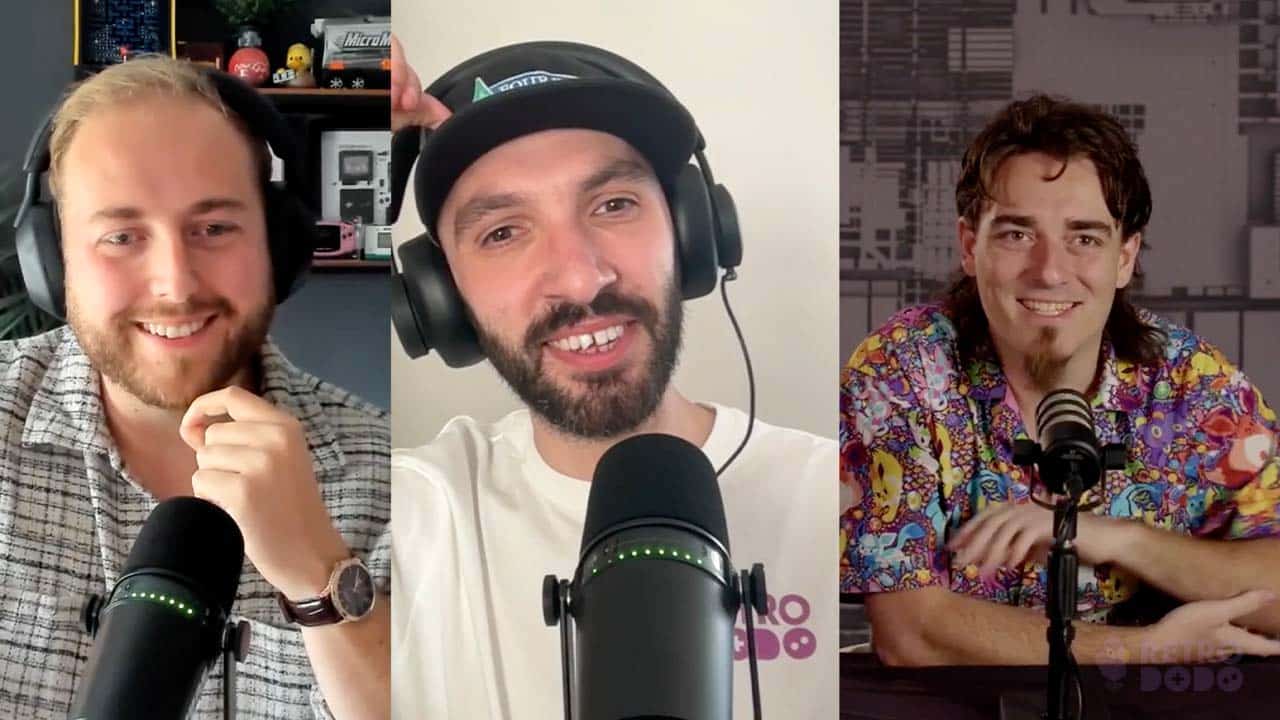
Content sites like mine are the hardest to grow, we are in the middle of the content eco-system, sat between AI content mills that create thousands of articles for pennies, and media goliaths that have a never-ending bank of cash and lots of staff to produce content at speed.
To compete with this we must use ourselves and our experiences to our advantage. AI mills and media companies lack personality, they lack stories, and more importantly they lack relationships with the humans behind the content.
I believe our biggest advantage comes down to creating transparent stories about our niche that spill into our content, and to try and build relationships with the reader that makes your brand and your content unique.
Think of it like a coffee shop, the big mainstream brands have all the money, and a lot of foot flow, but lack true relationships or experiences with the shop, it’s why many love independent coffee shops that have unique offerings, quirky interior and staff that genuinely love their customers.
Independent publishing is becoming just like that. Our quirks are what make us unique, there’s nothing better than getting a coffee handed to you by the founder themselves or hearing how they sourced that coffee or why they chose the artwork in their shop.
Our uniqueness is a way to build unique relationships and stories that readers will remember, and it’s why I will be building more community focused content alongside more personal videos for Retro Dodo’s YouTube channel in the future. A series I started a few months ago to follow these exact rules is "The Retroad Show", a show where I travel the UK meeting and interviewing the owners behind retro gaming shops. I am very proud of the show, and my community absolutely love it. You won't find IGN or GameRant doing this... it's my advantage.
Many will disagree with me because if the founder is found in the content loop then they become “stuck” as the face of the brand, but being the face of the brand is our biggest advantage across the publishing ecosystem right now.
It builds trust, it builds relationships and it puts a face onto the brand that AI and media goliaths cannot do.
Build Truly Unique Content
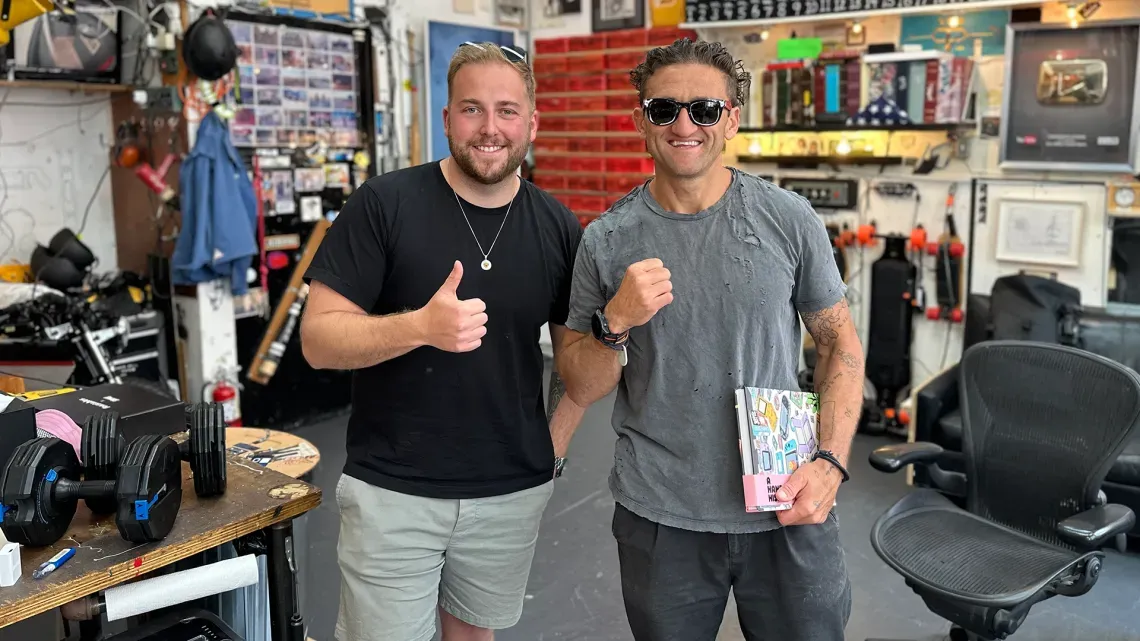
This pairs well with building relationships and trust, but I want to write a separate section here because I believe that in the past some of Retro Dodo's content has not been truly unique.
I can say the same for many content sites out there, it seems that much of the content produced for the web is already regurgitated somewhere else. Perhaps its news that you are covering, or a best list, or a review of that certain hotel in the Caribbean, it’s likely there’s thousands of pieces of content on that subject, yours isn't truly unique.
We need to start creating unique content to our brand that’s found nowhere else. We have to start investigating, researching our niche, interviewing people and travelling to find truly unique takes that make our website a place for our community to find stories that they haven’t seen anywhere else.
It’s hard to produce, likely expensive, but it’s a necessity to building brand awareness and value away from the basic keyword focused content. It brings new eyes to your brand, new links, it forces the industry to notice your work, put pressure on competition, but more importantly it's what your community want to read.
As an example, over the last 6 months I have resurrected our Retrospect Podcast where we interview industry folks, that we then also turn into an interview article using transcripts, this gets placed in our "Originals" category, a category on our website with truly unique content not found anywhere else.
Find Alternate Traffic Streams
This is an obvious one, but it’s time to stop relying on Google traffic. Social traffic is just as unreliable i’ll admit, and harder to obtain but it’s the next best thing.
Building a social audience on platforms like Twitter, Facebook and Pinterest will help with traffic, and although it requires a bit more work it’s now a necessity for survivial.
There’s also private communities too such as Reddit, Email and Discord to help with distribution. I often complain about how time intensive it is to maintain our social channels and our private communities but they do give lots of value and can generate great traffic if used correctly.
It’s cumbersome to have to learn new algorithms across multiple channels but as long as the content is high value with a good hook you should have success. We have recently started producing "social images" for our articles and news posts, they get high engagement and users expect to find a link in the comments. It has worked really well since implementing it at the start of the year.
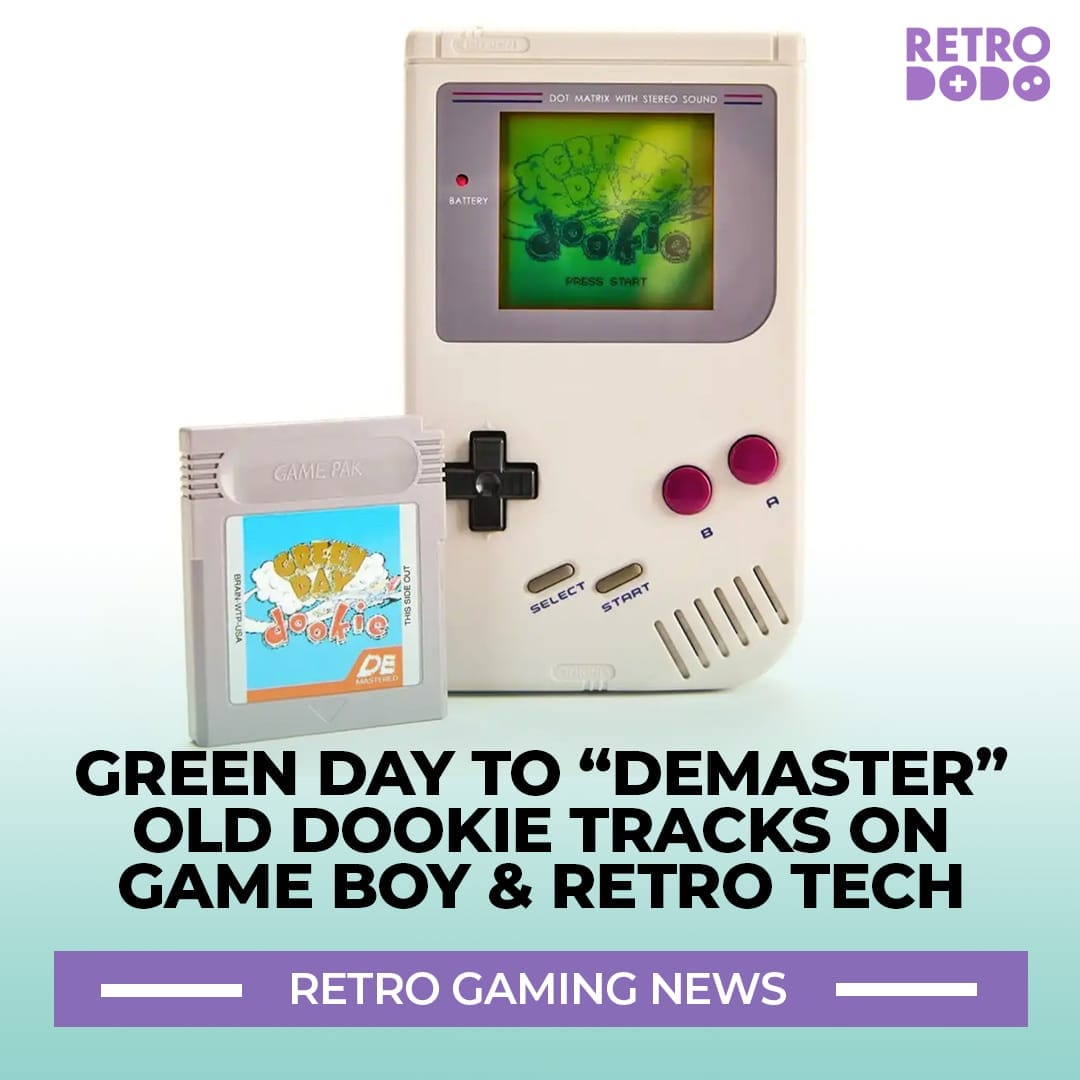
Unfortunately for us our Google Discover traffic has disappeared too. I am talking completely. A 99% reduction in Google Discover traffic. Anyone that tells you that they can get you onto Google Discover is a liar. This is just a random algorithm that picks and chooses what to place.
The last few months has shown that Google Discover is a pile of crap, with either large media brands owning the space or complete AI spam. It resembles their search engine and it's why independent publishers haven't had any luck here for well over a year.

Perhaps it will come back, but if it does, see it as a bonus, don't rely on it, because it can quickly disappear, and i mean quickly.
Sell Something
No, not because it adds a cart to your website which some are saying is key to recovering traffic from the HCU (likely SEO gurus) but instead it adds another revenue stream that funnels from your website traffic.
Depending on your niche this could be a digital product, a physical product, a service or even a membership.
In my situation I created two books for Retro Dodo in partnership with a publisher here in the UK and our second book shipped a couple of months ago. Although it doesn’t make boat loads of money it’s a great start and is another revenue stream that drips into the bank every few months.
Our community loves our books and they have already sold over 15,000 copies since launch, it’s also in many bookstores across the globe including Amazon, and even big names such as Logan Paul and Casey Neistat have a copy.
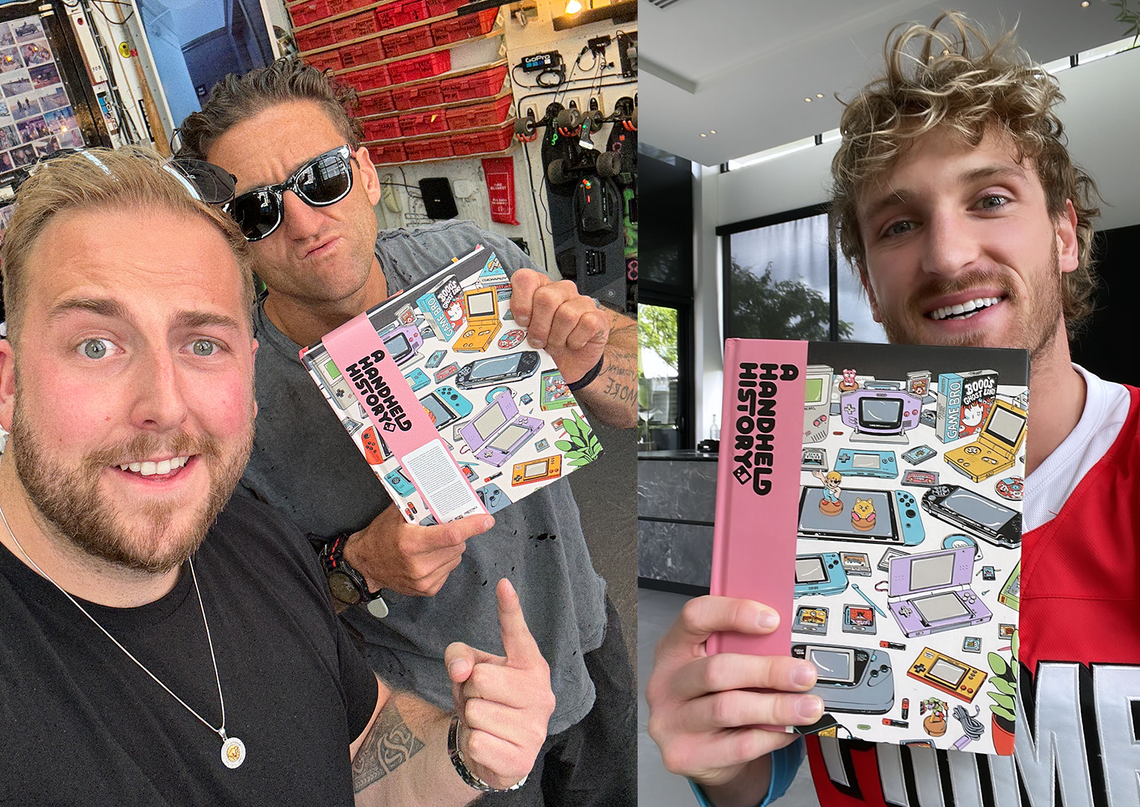
Unfortunately for me it’s not something you can buy on my website and instead it’s through our publisher or on Amazon so as much as I do have a physical product for sale, I don’t own the full rights, nor do I earn 100% of the profits. These books also took years to create, I explain why you should and shouldn't build a book for your community here, it's worth a read.
That said, I have created a couple of digital products over the last 3 months too, which are for sale on a Shopify store, they haven't sold as well as i'd hoped but they are easy for our community to purchase and download, it also means I don't have to ship anything personally. I can keep plugging these over the coming years.
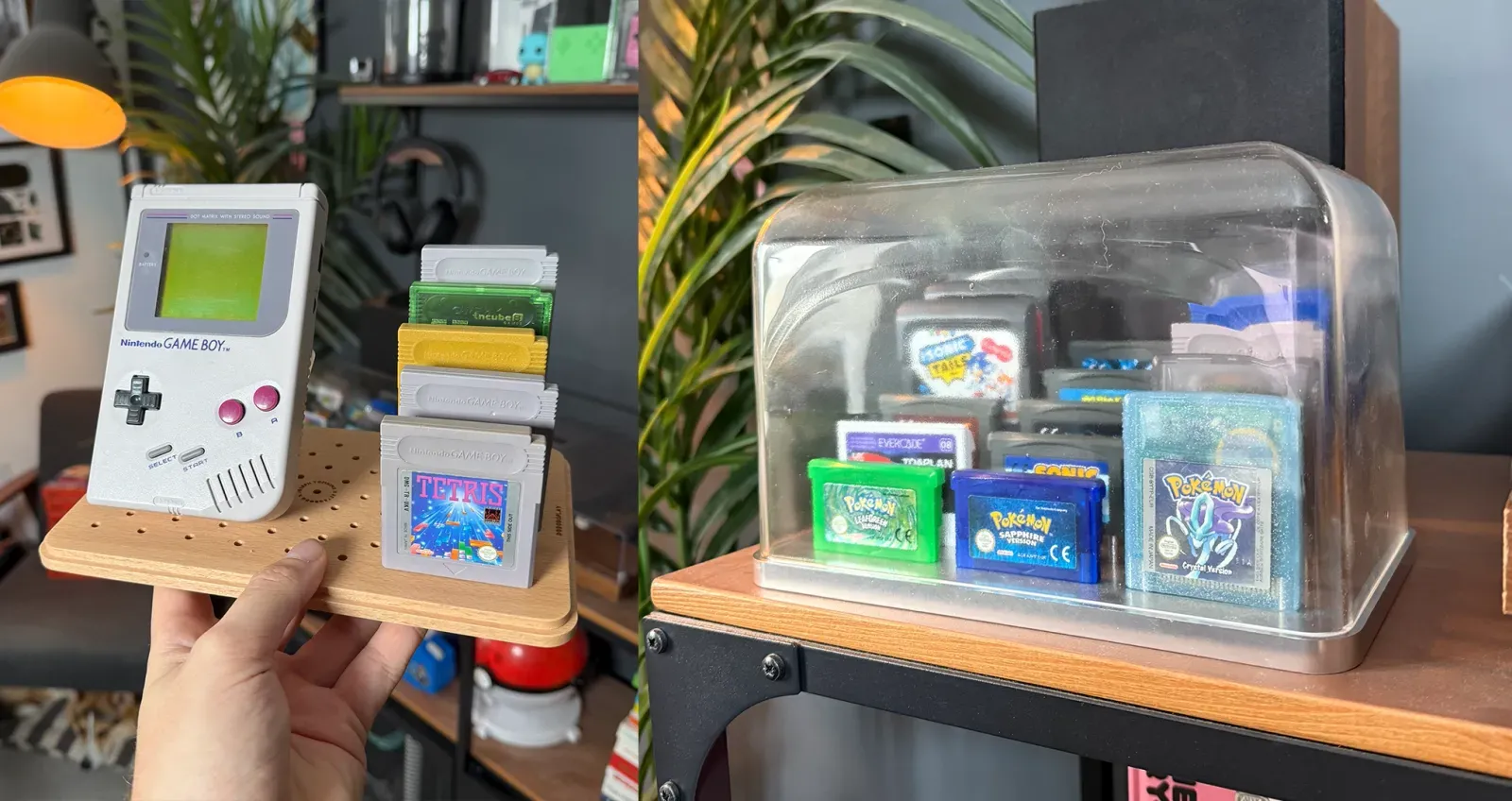
In 2025 my plan is to create a premium physical product that I have actually designed and manufactured, I'll also deal with the distribution too. This is still currently in progress but the idea it to create a display for handheld consoles and cartridges that is modular, as shown in my article: why I am building a premium product for my community.
So, a future plan is to create a physical product that I own that can be sold across our website. It can also be showcased across our content too to generate a new stream of income and help retro gamers who may want to purchase it, I can sell it at events and send it to media for exposure.
I believe every content brand will eventually have to sell something to survive. Content is no longer king… but I know what is.
Community Is King
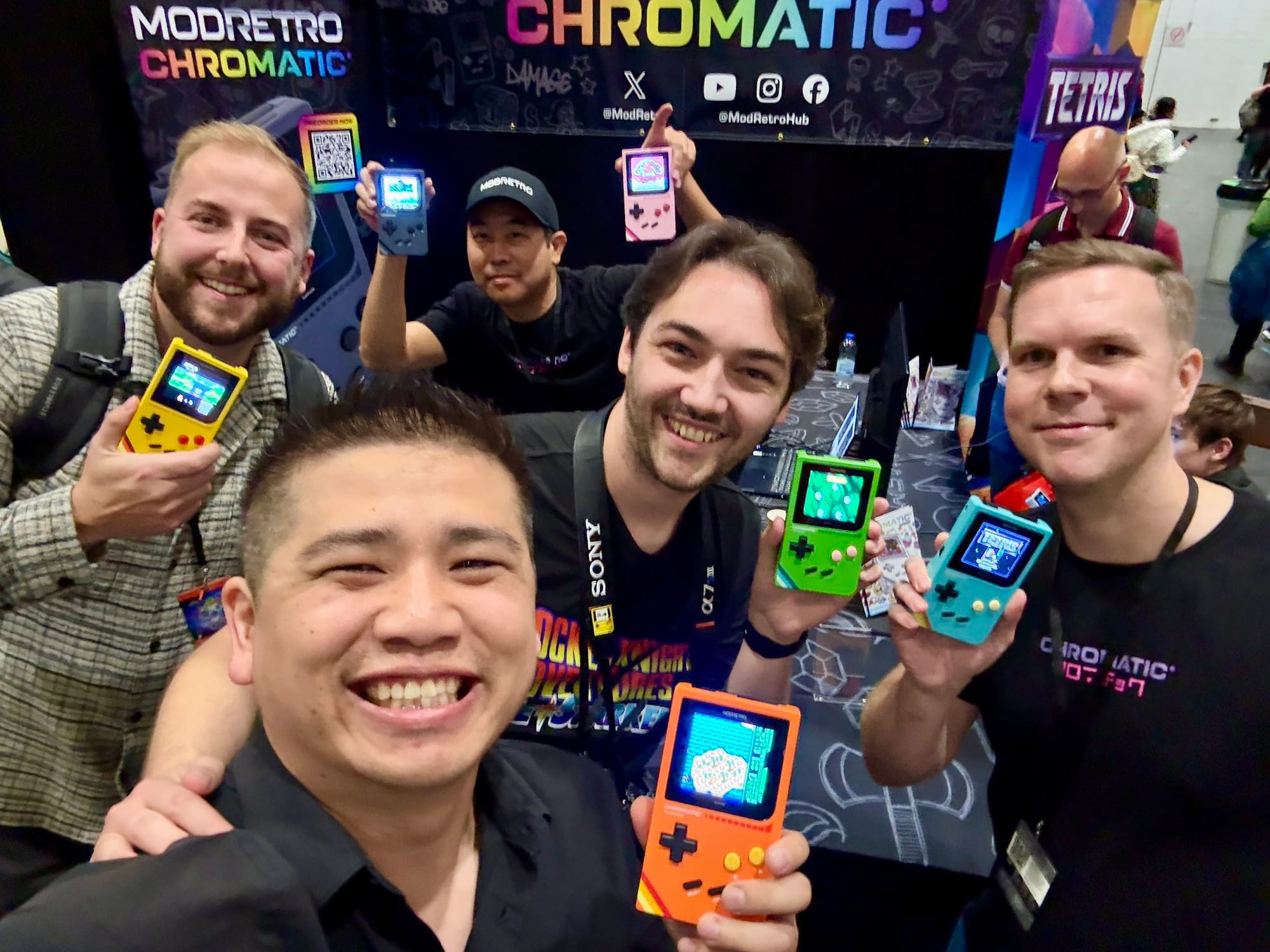
Community will be the backbone for small independent publications. If you have no true community you won’t survive.
You need true fans to kick start the distribution of your content, to help spread to the word about your new product, or to give advice about how to make your content better, or to sign up to your premium membership in support.
Community will be king, just like I mentioned in the “coffee shop” example. It’s about creating a place that your readers feel welcome, and a place for your community to share advice, talk bout your niche and to eventually make internet pals.
The world is becoming a lonely place, so why not create enjoyable communities that your audience can come to, to talk about the things they are passionate about? There's a couple of ways we are doing this at Retro Dodo:
- Turning On Comments On Our Articles
- Being Active On Social Media & Replying To Comments
- Creating A Discord Server To Talk With Our Audience Live
- Started A Patreon/Memberships Are For Our Biggest Fans To Get Exclusive Content & Early Access
- We Have A Bi-Weekly Podcast
- YouTube Videos That Shares Long-Form Content
Physical Events & Meetups
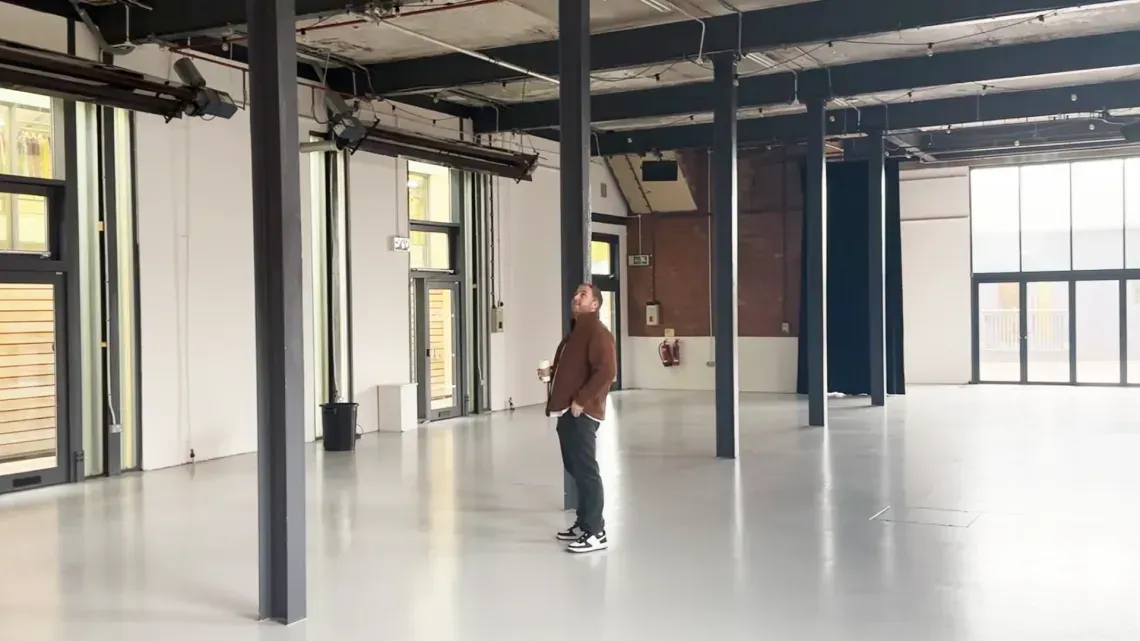
One of my next “big things” for Retro Dodo is to create a gathering here in the UK that brings together our community, the brands we work with and the content creators who we collaborate with, all under one roof.
A paid event that celebrates your niche. It takes a lot of work and most events don’t become profitable for a good while, but once you get there it can become an entirely new revenue stream open to ticket sales, sponsorships and exhibitor bookings etc.
Unfortunately, because of the hit we have had at Retro Dodo i have to postpone our event until next year to gather the funds to make the investment, but I think it will be one of the most successful things we will create… if done right.
If you can create a publication that creates truly unique content, a product that helps your niche, a place that your community can feel heard and an event that brings your industry together, I believe you will create an incredible content business that's foundations are eventually not built on… content.
That’s just my current thoughts and opinions. Content websites no longer exists, it’s about creating a multi-channel media company that creates content, products, service, community and events.
I dive deeper into why I am building an event for my community here.
An Ad-less Future
Let’s be real, display-ads are intrusive, they’re annoying and users don’t really enjoy them, which pains me to say it because my business runs on advertising revenue.
But when I sit down and look at how this landscape has evolved over the years, it’s obvious to me that users are avoiding websites with ads, and fast.
Look at the rise of Substack or Ghost (what I use for this website) for example, it’s a clean UI with easy information, and at times users are even willing to pay for it because it’s useful/entertaining without distractions.
The rise of ad-less search engines and AI answering queries for us is another sign, look at Perplexity, Kagi and ChatGPT for example, it’s clear that users hate these ads.
It’s only really dawned on me that it could be possible to build an independent publication away from display-ads if there’s some kind of paid membership or a way for readers to tip the authors. This would also give the brand/author the freedom to write about what they want without having to adapt their content to Google’s “guidelines”, or having to inflate a domain authority or obtain links to make something seen.
You can see it o your screen now, I have a Support/Subscribe button that asks you to donate for extra access, you will likely see more of this over the coming years on your favourite websites.
No ads. Community first. Unique Content. Physical events. Products/services. Podcasts. Video. Freedom to create.

